As a parent, you might think that smoking pot is a right of passage for teens. After all, it’s estimated that rates of teen marijuana use are one in seven. While it’s true that smoking marijuana can be a regular pastime for some teens, for others, smoking marijuana might be a sign of poor mental health and could lead to future drug abuse. To prevent drug addiction, it’s important to be aware of the signs of marijuana abuse and understand how to help your child if they are smoking pot regularly.
What is Marijuana?
The first step in understanding whether your child is smoking weed is to know what marijuana is. Marijuana, also known as pot, weed, or cannabis, is a dried plant that contains the chemical compound THC. When smoked, THC enters the bloodstream and causes the user to feel high. The high from marijuana can last anywhere from a few minutes to several hours. Some effects of marijuana include:
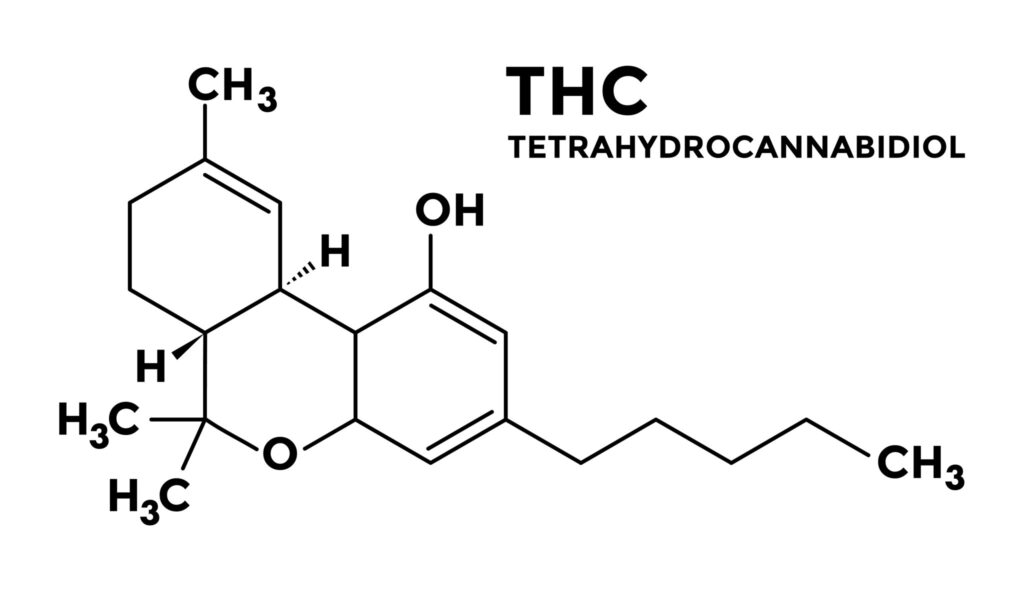
Euphoria
Relaxation
Increased appetite
Decreased anxiety
Paranoia
Short-term memory loss
While you might think you know what Marijuana looks like, it’s important to be aware that there are many forms of marijuana. For example, hash is a type of concentrated marijuana that looks like brown or black pellets. It can also come in the form of an oil, which is a sticky liquid that is usually dark brown or green in color. Marijuana can also be found in edible products, such as candy, brownies, or cookies.
The wide number of products can make it difficult for you to tell if your teen is smoking weed. However, some signs that a product contains marijuana include:
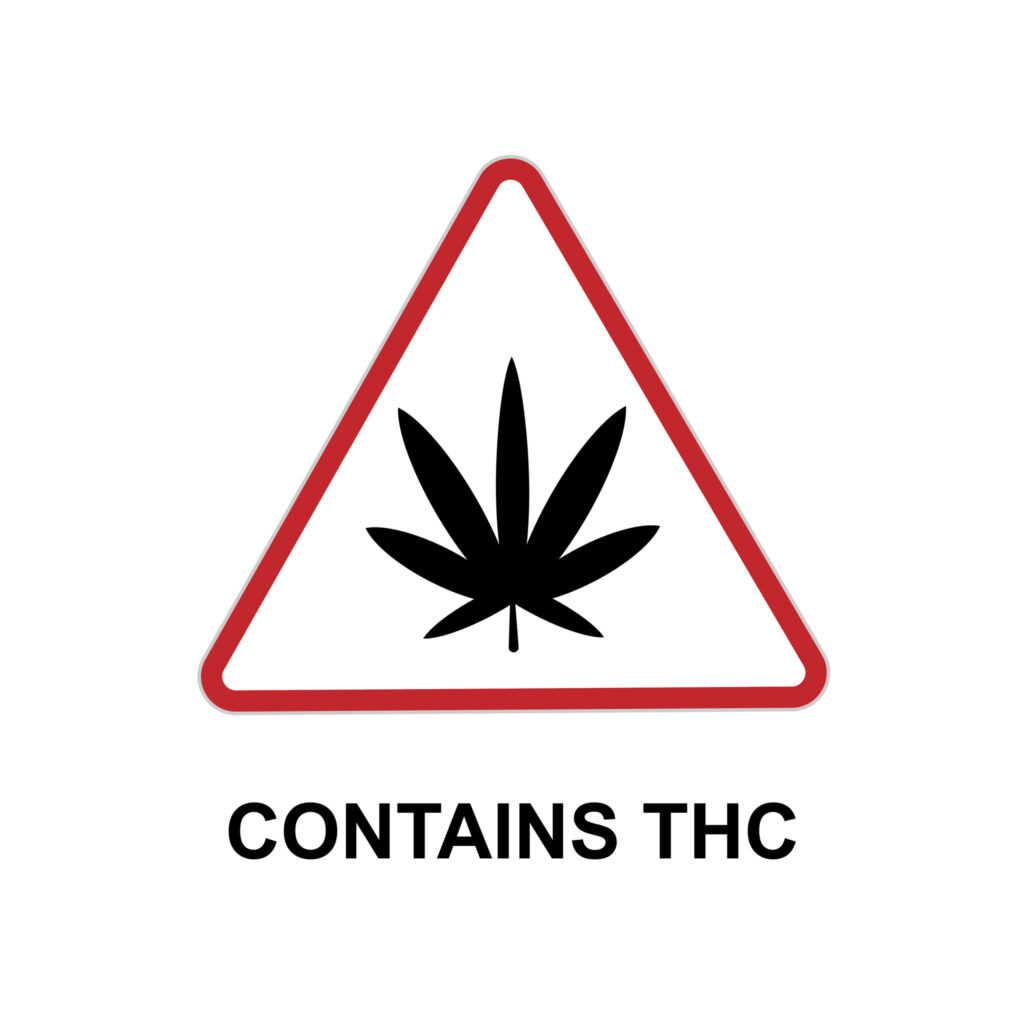
The product is packaged in a small baggie
The product contains images of leaves or marijuana plants
The product has a skunky and distinctive smell (Marijuana smells like skunk)
Drug paraphernalia like pipes and vape cartridges or rolling papers
Labeling on the product that includes words like “THC” or “cannabis”
Oils or tinctures that have a distinct marijuana odor
CBD and THC labeling, not just CBD
If you’re still unsure whether a product contains marijuana, the best thing to do is ask your teen directly (in a non-confrontational way, of course). In addition, there are other signs to look for that can help determine if your child is smoking weed.
What Are the Signs that Your Child is Smoking Weed?
If you’re wondering how to tell if your child is smoking weed, there are a few signs you can look for. These signs may be physical, behavioral, or both.
Physical Signs of Marijuana Use
Marijuana use can cause a number of physical side effects, including:
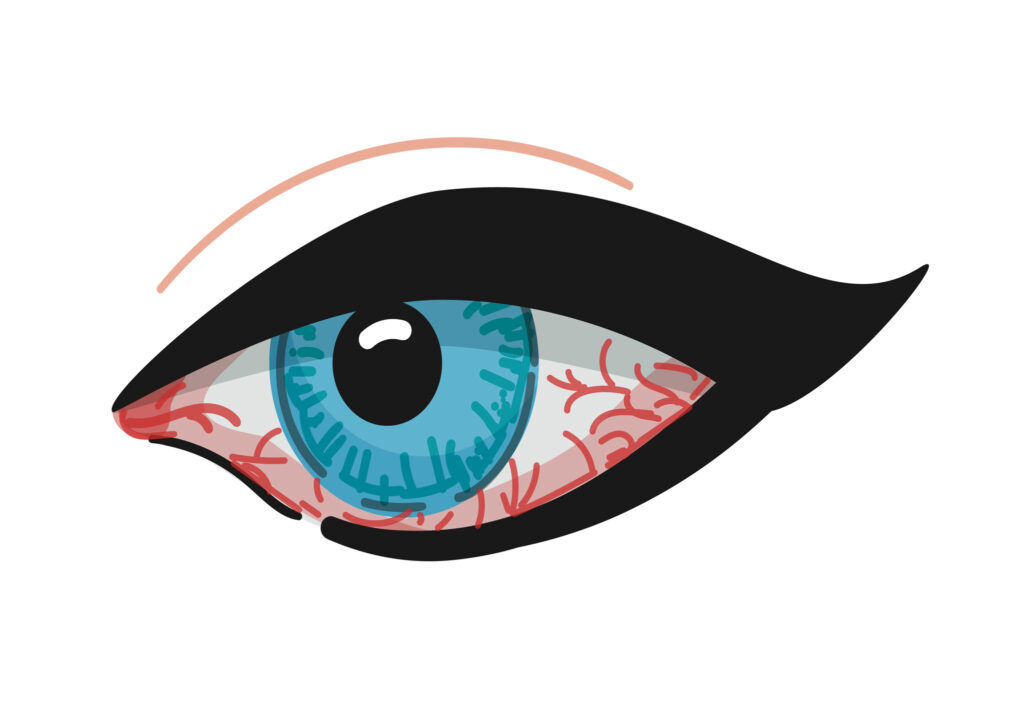
Red, bloodshot eyes
Dilated pupils
Increased appetite
Dry mouth and throat
Cottonmouth
Coughing or wheezing (if smoking)
Decreased blood pressure
Slow heart rate
Impaired coordination and balance
Slowed reaction time
Anxiety or paranoia
If you notice your teen suddenly develop these signs, it’s important to take them seriously. However, it’s important to keep in mind that some of these signs could also be caused by other things, such as allergies or fatigue. These signs will appear almost immediately after your child smokes marijuana, or they may appear hours after if they use slow-acting products such as edibles, which can take anywhere between 30 minutes to 90 minutes to take effect.
If you’re still unsure whether your child is using marijuana, there are a few other things you can look for. For example, if you notice that your teen is carrying around a lot of cash, this could be a sign that they are buying, or even selling marijuana. While Marijuana is available as a prescription and for medicinal use, this is only available to people over 18-21 years old, so your child might still need to resort to paying drug dealers or friends for their Marijuana.
In addition, if you notice that your teen’s eyes are always red or they have difficulty speaking or comprehending things shortly after they’ve been home or returned from a friend’s house, this could be a sign that they are smoking pot.
Behavioral Signs of Marijuana Use
In addition to physical signs, there are also a number of behavioral signs that can indicate your child is smoking marijuana. These include:
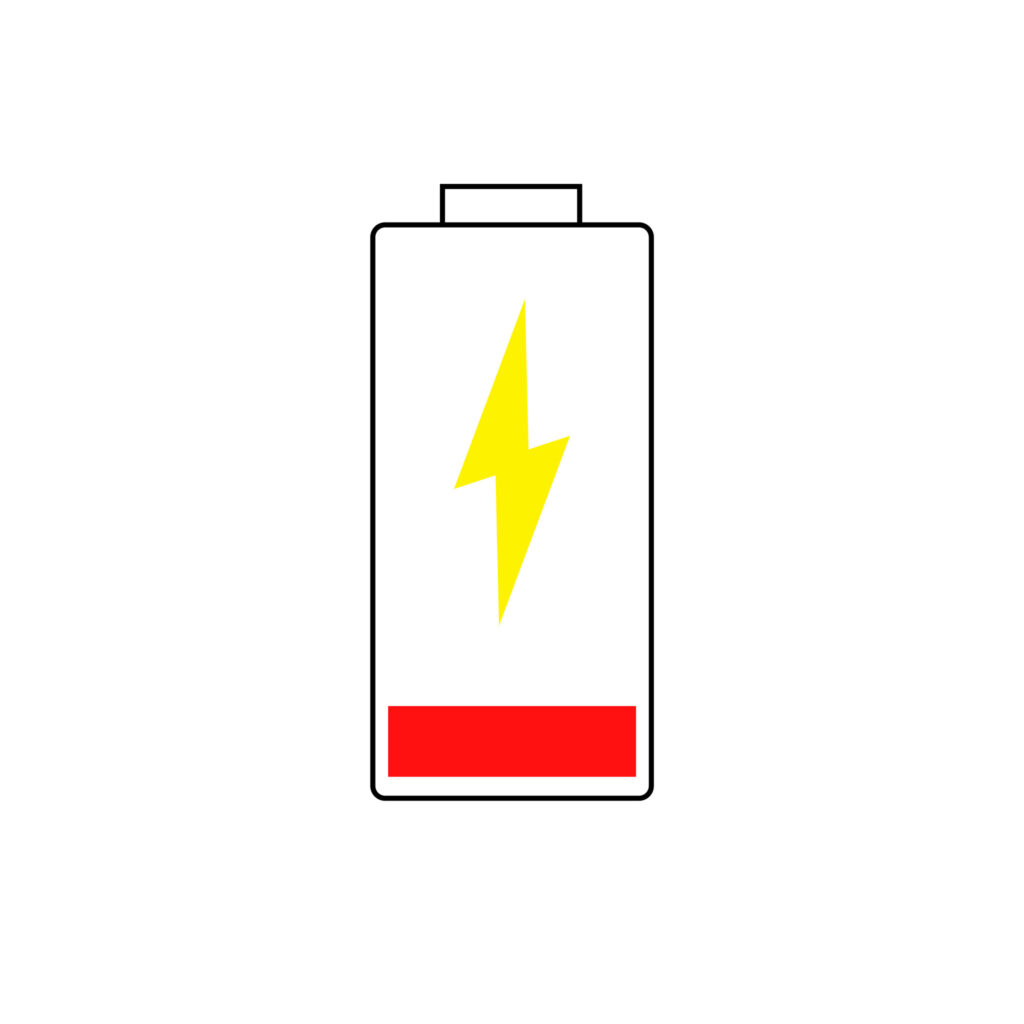
Changes in mood or behavior, such as increased aggression or irritability
Loss of interest in activities they used to enjoy
Changes in sleeping habits, such as sleeping more or less than usual
Lack of motivation or energy
Poor school performance
Poor concentration and memory
Anxiety or paranoia
- Mood swings
While you might take these side effects lightly, keep in mind that behavioral changes such as poor impulse control and even lowered IQ scores, can be long-term effects on young adults. Therefore, it’s best to address your child’s drug use as soon as possible.
In addition, if you notice that your teen is hanging out with a new group of friends, this could be a sign that they are smoking marijuana. This is because people who use marijuana tend to associate with other users. If you’re concerned about your child’s new group of friends, ask them about their relationships. If they seem evasive or refuse to answer your questions, this could be a sign of marijuana use.
Mental Health Concerns
In addition to both physical and behavioral issues, studies show that Marijuana use can actually worsen mental health concerns such as:
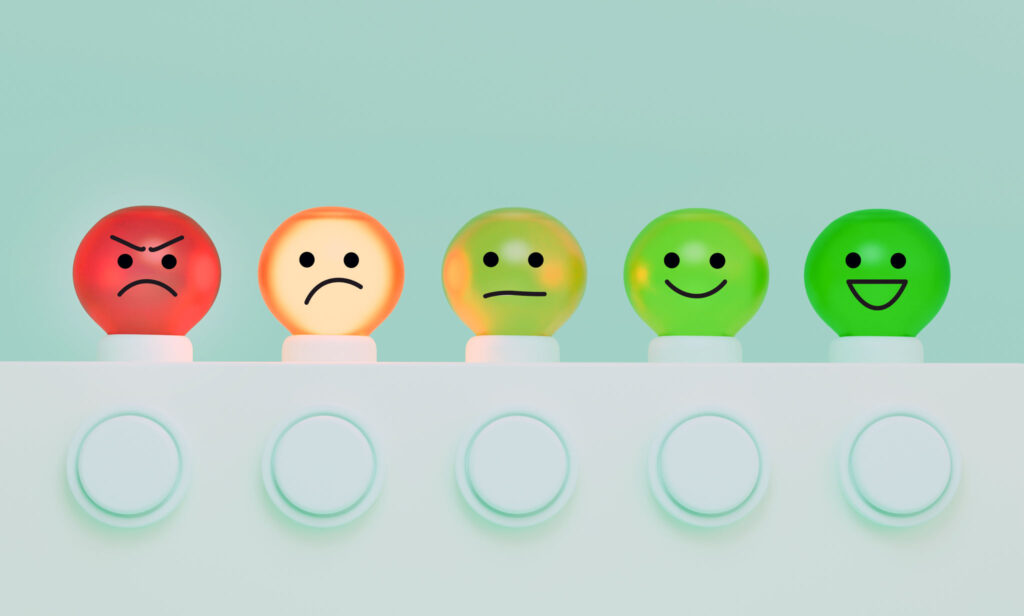
Depression
Anxiety
Bipolar Disorder
Schizophrenia
- Cannabis-induced psychosis
If your child is already struggling with mental health issues, it’s important to be extra vigilant about marijuana use. Some research studies around marijuana abuse show that self-medicating with marijuana can actually worsen mental health concerns such as depression and anxiety. In addition, marijuana can also trigger episodes of bipolar disorder and contribute to the earlier onset of a first psychotic episode in people with schizophrenia.
Sadly, studies also show that Marijuana is a catalyst for drug abuse. In fact, Marijuana users who smoke Marijuana in their teens are more likely to develop a substance abuse problem later on in life to other drugs. Therefore, if you think your child is using Marijuana, it’s important to take action as soon as possible.
Does My Child Have Marijuana Addiction?
As mentioned earlier, as many as one in seven teens report using Marijuana in the past month. However, not all of these teens will develop an addiction. So, how can you tell if your child’s use has become problematic?
Here are a few signs to look for:
Unsuccessful attempts to quit or cut back on Marijuana use
Continued use despite negative consequences, such as job loss or failing grades
Giving up important activities to smoke weed instead
Isolating themselves from family members and friends
Needing more of the drug to get the same effect
Experiencing withdrawal symptoms when they try to quit, such as irritability or anxiety
If you think your child is struggling with Marijuana addiction, it’s important to seek professional help. This is because left untreated, Marijuana addiction can lead to a number of problems, such as:
Employment issues
Financial problems
Academic performance issues
Relationship difficulties
Legal problems
Health problems
While you might think that smoking weed is a harmless way to relax, it’s important to be aware of the potential risks. If you think your child is using Marijuana, trust your gut and take action. Chances are, your teen is not using Marijuana recreationally, but instead might be self-medicating for a bigger issue. Therefore, the sooner you get help, the better.
How To Talk To Your Child About Marijuana
If you’re concerned that your child is using Marijuana, it’s important to have a conversation with them. Here are a few tips to help you get started.
Choose the Right Time
When bringing up the topic of drugs, it’s important to choose the right time. If your child is in the middle of a meltdown or is already feeling defensive, this is not the time to have the conversation. Instead, choose a time when both of you are calm and can have an open and honest discussion.
Be Direct
When it comes to talking to your child about Marijuana, it’s important to be direct. This means using age-appropriate language to explain what Marijuana is and why it’s harmful.
In addition, avoid using scare tactics or making threats. This will only make your child feel defensive and less likely to listen to you.
Listen To Your Child
When you’re having the conversation, it’s important to let your child do most of the talking. This will help you better understand why they’re using Marijuana and what, if any, underlying issues are going on.
In addition, avoid lecturing your child or talking down to them. Instead, try to have an open and honest conversation where both of you can share your thoughts and feelings.
Offer Resources
If you’re concerned that your child is using Marijuana, don’t wait to get help. Offer them resources right away, and listen to their concerns. For instance, if they want to continue to go to school during the day but still want a support group, sober living homes, outpatient treatment programs, or additional resources can be a great option.
Sober Living Programs
Sober living programs are valuable for people who struggle with addiction because they provide a safe, structured environment wherein one can commence their recovery. Often, sober living programs provide structure and routines to help individuals adjust to a new, sober way of life. Not only this, but sober living programs also provide a community of other people who share the same struggle. In doing so, this community will facilitate accountability amongst its members, and they will hold each other to a high standard both for recovery and life in general.
Reach Out Today For Concerns About Marijuana Use
At New Life House, our team will help your child recover from their Marijuana addiction and help set them up for success. Marijuana use is never safe, but our team is here to help. Our program includes family therapy and family involvement, educational opportunities, outpatient group therapy, and access to an active recovery community. Each of these aspects help our residents build a solid foundation that can support long-term sobriety. If you’re concerned about your child’s Marijuana use, reach out to us today to learn more about our sober living in Los Angeles.
Last Updated on September 11, 2024

